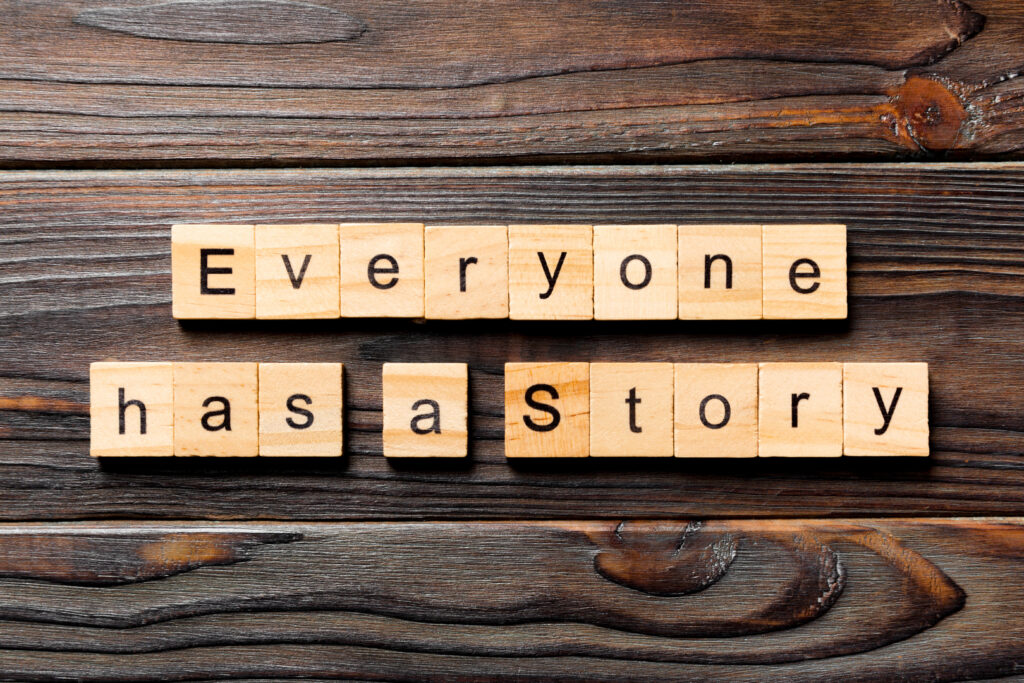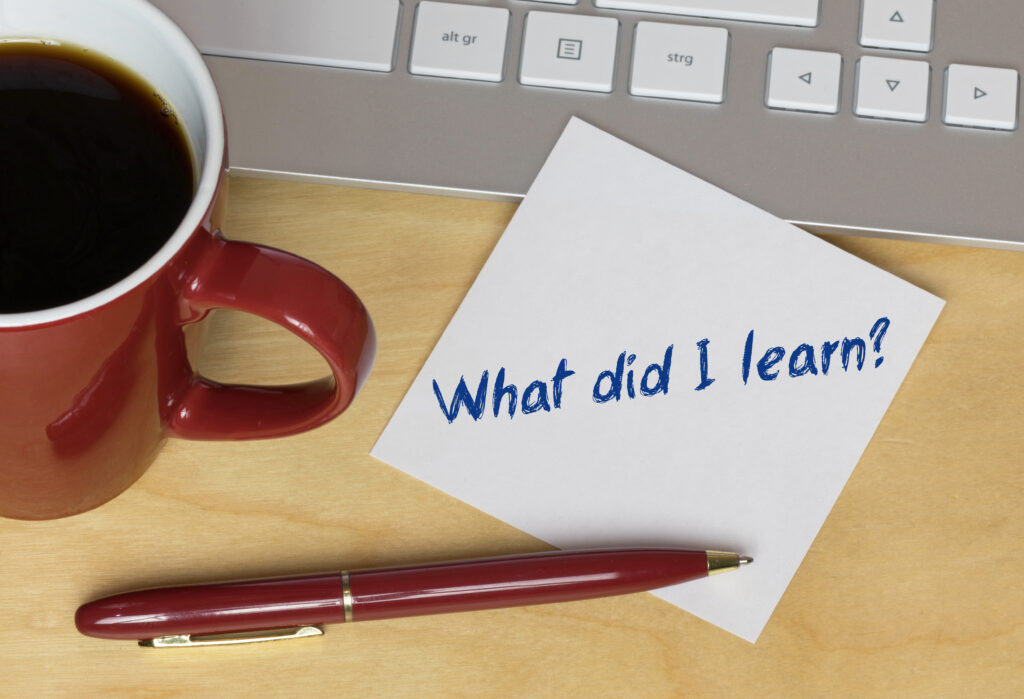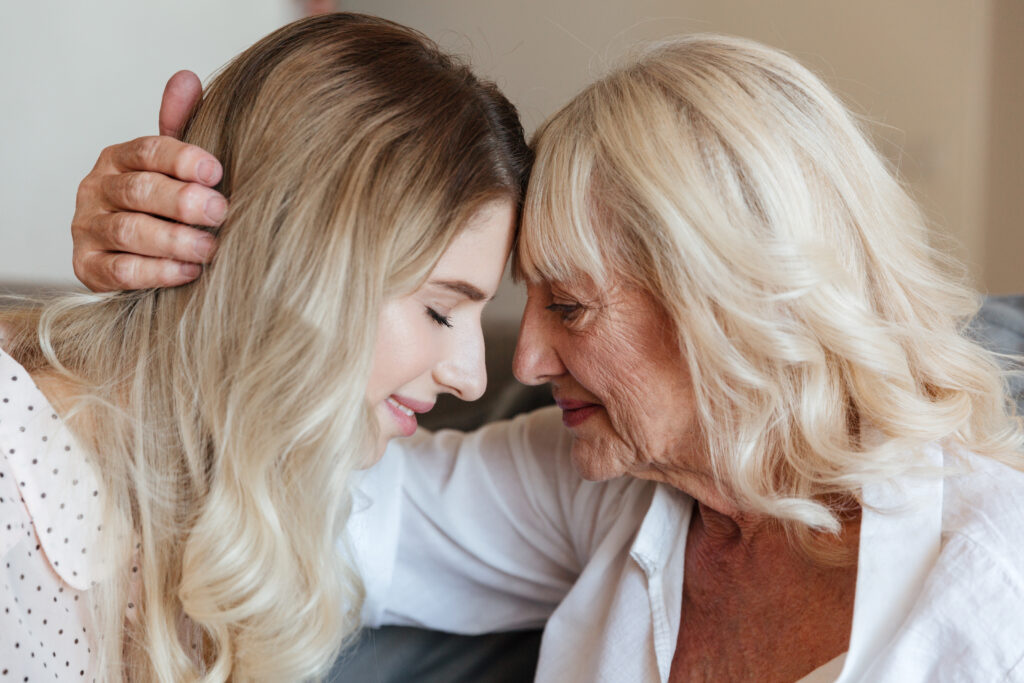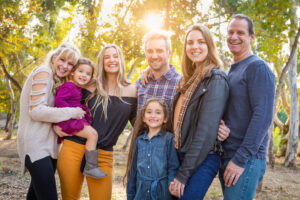Imagine stepping into a space once filled with laughter and love, now silent, the air heavy with memories of a life well-lived. You then realize that your loved one has now been reduced to boxes that need to be filled with decades of belongings. Your job is not to sort through these belongings and put them to another use.
It’s been a very emotional week, and I went through an experience that I know that none of us really want to go through and that is packing up my mother in Law’s house after she passed away in the spring. And so today, we’re going to talk about 7 things that I learned. And so hopefully, some of the things that I learned will help you. I know this is a situation you never want to have to be in, and I don’t wish it upon anyone. But I just wanted to take what I’ve learned in my experience and help all of you to be able to maybe make that situation just a tad bit better.
This is the journey many of us face at some point—the bittersweet task of packing up a loved one’s home, each item a tangible piece of their story. Join me as I share the lessons I learned and the unexpected moments from the emotional and at times frustrating process of sorting through my mother-in-law’s belongings.

The Importance of Making Time for Memories and Stories
My sister-in-law came in from out of town with her family to help. This was the week we were going to celebrate her 90th birthday with a party. She had turned 90 before she passed in April. We had in-laws such as me, siblings, and grandchildren to help with this task. There was a large amount of people at one point going through all this stuff. And I can tell you it was just a lot. It was a rough week and for many reasons, I mean, it was an emotionally hard week, going through all her “stuff.”
When we first started the estate cleanout, I was overwhelmed by the sheer volume of items. But amidst the chaos, I stumbled upon a photo album. It wasn’t just a collection of pictures; it was a gateway to family vacations, milestones, and cherished moments. Taking the time to sit down and go through these photos with family turned the act of packing into a celebration of life. It reminded me that sorting through belongings isn’t just about what to keep or discard—it’s about preserving memories and stories that define who we are.
It took almost five hours to go through one curio cabinet! She had notes and instructions tucked into all the nooks and crannies of each item. We started to call them “Easter Eggs” as we didn’t know what we were going to find next.
I learned more about her life. She even had written a story about her life when she was 16 and began her diaries at that time which she kept up until she passed. She left us a note NOT to tear out any pages, that she wrote what was on her heart, and NO fighting!
How the Smallest Items Can Hold the Most Significant Memories
In the process of moving on, I discovered that sometimes the smallest items carry the heaviest emotional weight. Lots of worn-out cookbooks with notes in the margins, recipe boxes from her and her mother all with her favorite recipes. They reminded us of the little things that made my mother-in-law unique and brought a sense of closeness even in her absence and our favorite foods she would make for everyday or special occasions such as Thanksgiving which was her holiday to bring the family together.

By magele-picture Adobe Stock Photos
Here Are the 7 Things I Learned
- Number one: Be careful not to compare or judge others’ grief when you don’t know what goes on during that quiet, alone time that they have with their thoughts and feelings. There was some discontent amongst some of the family members that felt that we didn’t care. “How could we box up these things so soon?”
How can we do this? My mother-in-law passed away, and so you don’t know how people are grieving when again, when you don’t see them in their private moments, when they’re alone with their thoughts and their feelings, and what they’re going through. So be careful not to judge.
- Number 2: If more than one person wants something. It goes on the estate sale. We’re going to have an estate auction before the house is sold. So, all these things are going to be put on auction. We decided that if more than one person wanted the object, it was going to go on the auction, and then everybody had a fair chance to get it. If they wanted a bid on it, and they wanted it they could, and they could get it.
So that was our way of trying to deal with things that multiple people were asking for.
- Number 3: Write Notes and Label items. When we were talking about my mother, all mother-in-law labeling all the things, and with the Easter eggs and the notes tucked away, and so I made a mental note to myself, ask the kids now if they have a strong attachment to something and start marking their names on it all.
Our kids, you know they’re saying, please don’t make us go through all this with you. And so, it was really kind of eye opening. What can I do? What can we do? What can my husband, James, and I do to make this process easier on our kids when that time comes. This was a lot of reasons why I’m sharing. This is for those of us that have not gotten to that point, yet. What can we do to make that process easier for our kids?
- Number 4: Those that came and helped ended up with more, and not to say that in a mean way, or just because you came and helped you get these extra trinkets. No, that wasn’t the case. It’s just that when you’re in all this stuff and people are there, and someone says, “Oh, I really like that. If nobody wants that, I’ll take that.” Well, you know everybody in the room says, Oh, no, that’s okay. Well, then, they would get it. But if you’re not there, you didn’t have that opportunity.
Of course, you were going to get everything that you had your name on, and of course you were going to get your fair share of things from all the things that heirlooms and trinkets. That was just a realization that those that were there ended up getting more so, not intentional, but just the way it turned out.

Realizing the Importance of Conversations About Belongings and Wishes
- Number 5: Decide ahead of time. Who’s going to be the keeper of the photo albums, the scrapbooks, family genealogy. In my mother-in-law’s we mentioned the diaries. My sister-in-law is taking the diaries, and she actually wants to do a kind of a checkout like a library system. So, if you say the year that you want, you can check it out, and then she’ll send it to them and write it down. This way we know where they are at.
She had the forethought to make notes about everything and any situation that might come up so the diaries again, are one of the things that my sister-in-law is going to handle. My husband will take over the family genealogy. I love the genealogy part. I love to do that. I’m on ancestry.com. I just find that very, very fascinating.
My husband, and I volunteered to do the genealogy portion of it and keep that up while my sister-in-law is taking the photo albums. So just trying to see who wants to be the keeper of these things. Just talk about these things ahead of time, and that makes things a lot easier because it’s so overwhelming. We spent a week with multiple people, at least 5 to 7 people at a time sorting and packing and we are just over half done.
So don’t think that you’re going to get it done in a weekend or in a day, because that’s not a reality, because every time you pick something, and you look at it and you see what it means to them. Someone will say, “Well, you know, well, I really want that. And someone else says, well, I really want that.” If it doesn’t have a name on it. Okay, then, what do you do? How do you handle that? How do you try to be fair to everyone?
It really helps to have these discussions ahead of time. Fortunately, my mother-in-law wrote some notes, and about who was to get certain pictures, things like this, and all the other things that she had.
6. Number 6: Packing up doesn’t mean you don’t miss that person. I’m sorry. Packing up doesn’t mean you don’t miss the person, and that you’re not grieving. You are pushing forward with what has to be done. And that’s the thing, we’re working with the lawyer, the court system, actually sets dates as far as when the estate should be wrapped up and settled, and things like that. So, I mean, it’s not something that you can just sit on it for a long period of time. Nobody wants to do it. Nobody was looking forward to doing it, but it was something that had to be done.
7. Number 7: Things will never be the same, and in our case, it was in regard to family gatherings and holidays. So, for my mother-in-law, that was Thanksgiving. Thanksgiving was always her holiday, and we are going to miss that very much.
A lot of the people in the family are hunters, and my husband and I hunt. So, she always had Thanksgiving at 6 o’clock in the evening, when all the hunters were done and out of the woods. It was deer camp mode. It’s changed over the years, and there aren’t as many hunters anymore, but the tradition stayed. For our family it is going to seem very, very different for a lot of reasons.
I think I have one more thing I would like to add so let’s make it an even 8.

Acknowledging the Emotional Journey
8. Bonus Number 8: Be prepared for a lot of emotions to be shared. I think the most important thing is when you’re dealing with family members, I’ll be honest. A couple of times I had to walk away. I’m an in-law, and in this situation, I felt it necessary for me to just remove myself from a a couple of animated conversations. Just try to sit back and try to look at it from their perspective.
I think the most important thing is to remember that compassion, empathy and compassion go a long way in this situation. By empathy we mean you’re able to put yourself in their shoes and see it through their eyes. This goes a long way in dealing with this type of situation. Some of the grandchildren were not dealing well with it. We’re having a really hard time, and they couldn’t understand some things. They couldn’t understand the impact that it was the loss of dad’s mom and their aunt’s mom and not just their grandma.
Everybody grieves and deals with loss in a different way. There’s no right or wrong way, but we just have to try and understand that people are just trying to process the best way that they can. And so that’s the big takeaway in all of this. You do this with every ounce of compassion you can muster up.
Moving Forward with Gratitude
Finally, packing up my mother-in-law’s home taught me to move forward with gratitude. It’s a time to reflect on the beautiful life lived and the lessons learned. While the process is undoubtedly challenging, it’s also an opportunity to honor their legacy and find closure.
Conclusion
These are lessons I will never forget. Some were great lessons to use in the future to try and make things easier on our kids.
I really appreciated all the notes where the heirlooms came from and who gave them to them and what country they were from. All these types of things are very beneficial. So, I’m starting to go through my things, too, and want to make notes on that. I think that will make it easier for our kids, and the same thing with who should get what.
I’m now going to start asking my Hey, I don’t want to be a Debbie Downer, so to speak, or try and have this heavy conversation but I just want to put it out there. “Hey? If you feel there’s something that we have that you feel a strong attachment to please let us know. We’ll put your name on that if no one else has expressed an interest. All the kids are different. They have different likes, dislikes, and different personalities. You never know what one thing may mean to them, but at the same time, if it’s going to mean that much to them, I want things to be in the right hands. I know they’ll be well cared for when we’re gone.
What are some of the ways us as nurse advocates can help? We can help with family mediation when you are stuck in those uncomfortable situations. Consider getting on our weekly newsletter “Senior Saturday” to stay in touch with what we are sharing and to gain more insights into senior care and caregiving.
We have decluttering and downsizing experts that we have interviewed, and that are more than willing to help. That’s their business is they downsize and declutter seniors. They know what it’s like to have those emotional attachments to things, and how hard it is to part with some of those things. So if you’re in this type of situation. We will include our Senior Summit Video with Sara Washburn for some ideas.
You may run into this downsizing or decluttering when you have an aging parent that’s moving into a senior community or assisted living. So don’t hesitate to reach out for help. And during this week we’re going to be sharing some videos from our speakers on downsizing, decluttering, just to give you, while we’re on this topic this week, just to try and give you as much information as we can to help you sort through this process.
So, with that being said, we will see everybody back here soon.
Take care and see you in the community,
Pam and Linda
Your Nurse Advocates
“Compassionate Care for Aging Parents, Peace of Mind for the Adult Children.”
Resources
Your Nurse Advocate Free Resources
Downsizing and Decluttering when a Move is in Store





